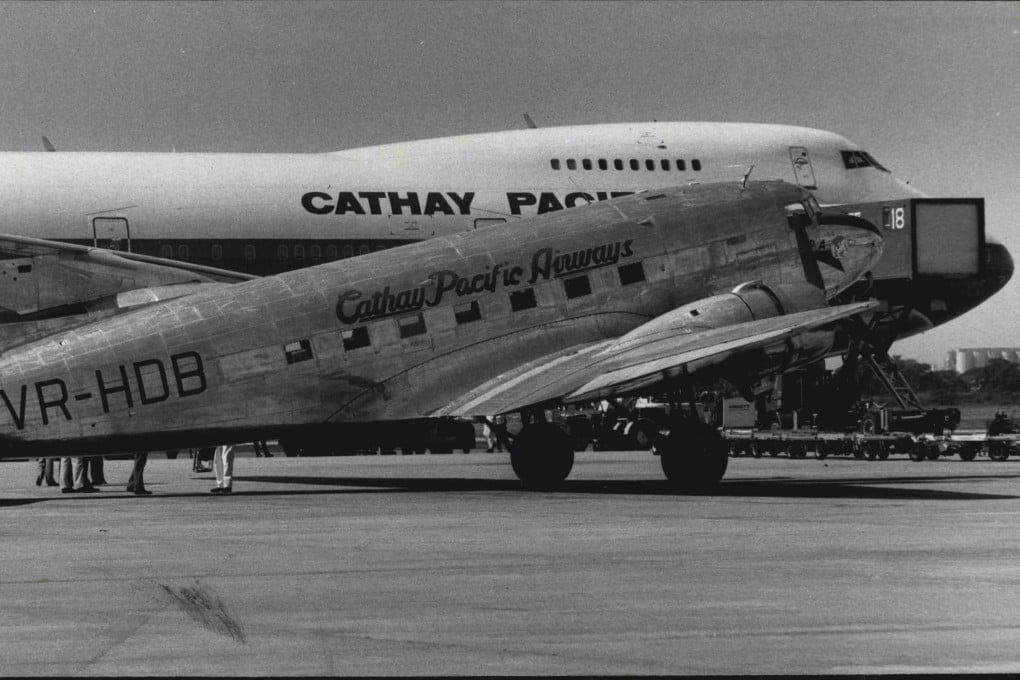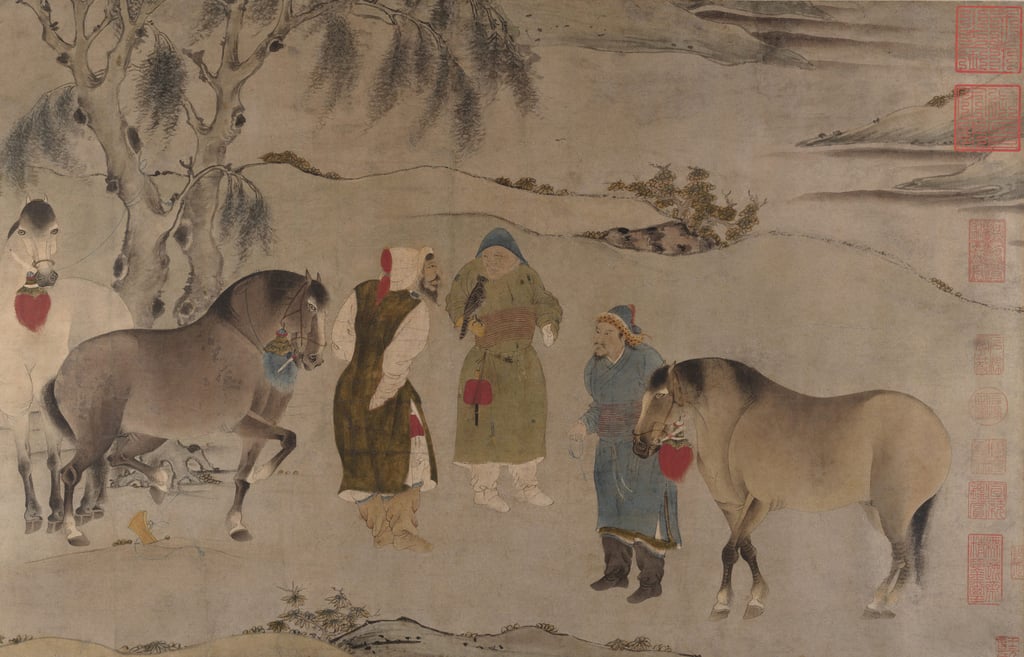Reflections | Rename airline Cathay Pacific? Well, it is a misnomer – Cathay, the West’s old word for China, comes from Khitan, the name of a tribe who were far from peaceful
- After a row over discrimination by Cathay Pacific crew, it has been suggested the airline change its name – and it is true the name is something of a misnomer
- Cathay, the West’s old name for China, came from Khitan, name of a tribe of fearsome warriors in northern China 1,000 years ago who were anything but pacific

Perhaps the 76-year-old airline could be renamed “CP Airlines” in the tradition of “HSBC” or “KFC”, where the original brand names – The Hongkong and Shanghai Banking Corporation and Kentucky Fried Chicken, respectively – were replaced by their acronyms; or the carrier can incorporate its familiar IATA airline code “CX” into a new name.
The word “Cathay” is an old English word for China, but it is a derivative of the word “Khitan”, the name of a non-Han Chinese nation which conquered and occupied northern China for 200 years from the 10th to 12th centuries.
The Khitan, Qidan in Pinyin, were a federation of tribes who roamed the steppes between the Liao and Xilamulun (Sira Mören) rivers, an area that occupies part of present-day Inner Mongolia autonomous region and Liaoning province.

According to Chinese historical records and ethnographies, the Khitan consisted of eight tribes led by a khan. The eight tribes were mutually autonomous except in battle, when they would band together.

